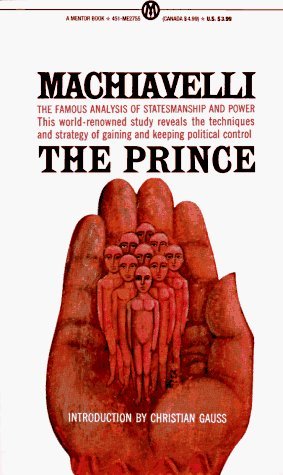“The Prince” by Niccolò Machiavelli is a controversial and influential political treatise that offers a ruthless and practical approach to gaining and maintaining power. Here is a summary of the key points and lessons derived from the book:
- The end justifies the means: Machiavelli argues that the ultimate goal of a leader is to maintain power, and that any means necessary can be used to achieve this end.
- Fear is a powerful tool: Machiavelli suggests that it is better for a leader to be feared than loved, as fear can be a more effective means of controlling people.
- The importance of appearances: Machiavelli emphasizes the importance of appearances and perceptions in politics, and suggests that leaders should use propaganda and other means to control public opinion.
- Machiavellianism: The term “Machiavellianism” is now used to describe a ruthless and pragmatic approach to politics, often characterized by manipulation, deception, and a willingness to do whatever it takes to achieve one’s goals.
- Realism: “The Prince” is often cited as an early example of political realism, which emphasizes the importance of practicality and the use of power in politics, rather than ideals or morals.
- Historical examples: Machiavelli uses historical examples, such as Cesare Borgia, to illustrate his points and demonstrate the effectiveness of his approach.
- The limits of power: Machiavelli acknowledges that there are limits to the power of even the most skilled leader, and that factors such as luck and timing can also play a role in political success or failure.
Overall, “The Prince” is a controversial and thought-provoking book that offers a ruthless and practical approach to gaining and maintaining power. While some of Machiavelli’s ideas may seem unethical or even cruel, his insights into the nature of power and politics continue to be studied and debated today. Whether you agree with Machiavelli’s approach or not, “The Prince” is a challenging and influential work that offers a unique and thought-provoking perspective on the dynamics of power.

(Visited 6 times, 1 visits today)

